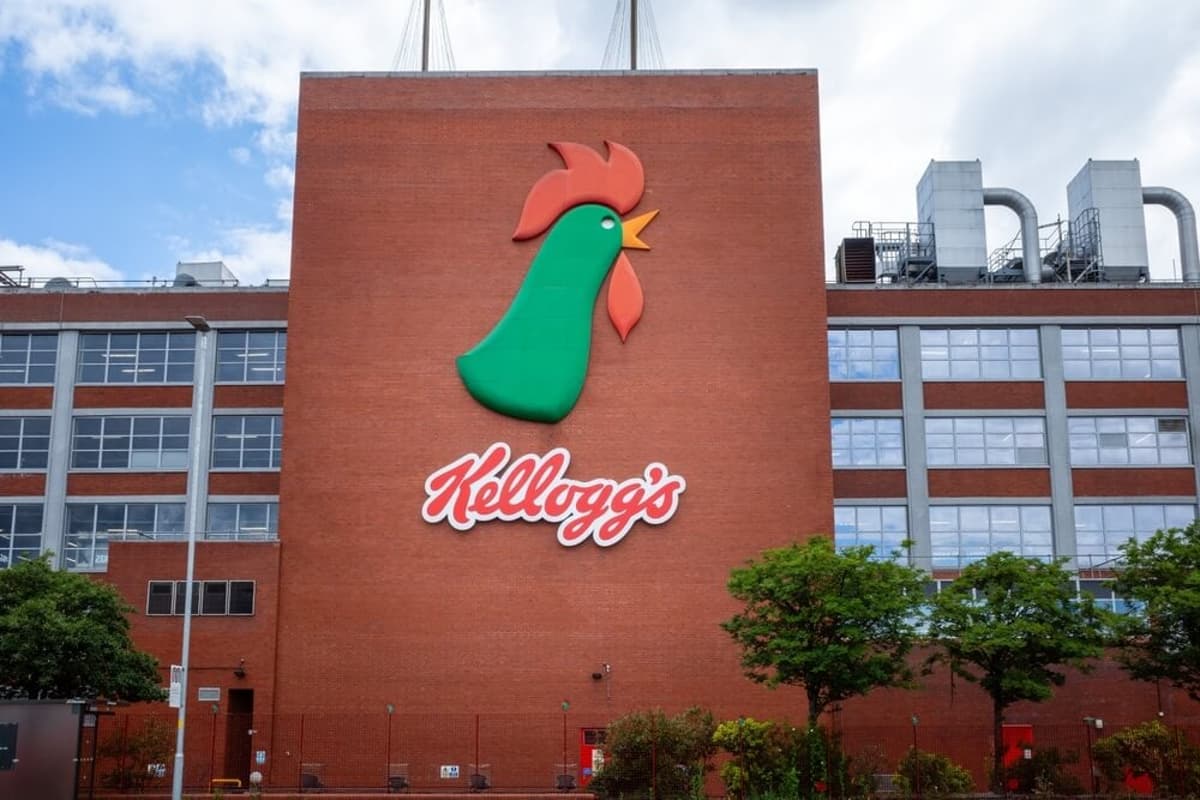Kellogg's Leading the Way: Hydrogen-Powered Cereal Production in Manchester
Key Ideas
- Kellogg's is the first UK food manufacturer to trial hydrogen-powered cereal production, replacing fossil fuel gas with hydrogen in their Manchester factory.
- The demonstration is part of the UK Government's Industrial Fuel Switching Competition, aiming to reduce carbon emissions and promote renewable energy use.
- Kellogg's aims to share knowledge from the trial to encourage other businesses to adopt hydrogen power and reduce their carbon footprint.
- The success of this initiative could lead to hydrogen adoption across other Kellogg's sites and contribute to a more sustainable future in food manufacturing.
Kellogg's has embarked on a groundbreaking initiative by becoming the UK's first food manufacturer to trial the production of cereal using hydrogen power. Under the HyNet Industrial Fuel Switching 2 program and the UK Government's Industrial Fuel Switching Competition, Kellogg's is conducting a three-week demonstration at its Manchester factory. In this trial, Kellogg's has replaced fossil fuel gas with hydrogen to power the toasting oven, which produces popular brands like Corn Flakes and Rice Krispies. The company's Vice-President of Manufacturing, Sam Bistiaux, expressed the intent to share learnings from this demonstration to help other businesses reduce their carbon footprint.
The move towards hydrogen is a significant step in promoting renewable energy and reducing carbon emissions in the food manufacturing sector. Kellogg's hopes that the success of this trial will serve as a compelling case for hydrogen adoption not only within their organization but also across the industry. Additionally, the Industrial Fuel Switching Programme has seen another success with UK-based Novelis testing hydrogen to power an aluminium recycling furnace in Warrington.
This shift towards hydrogen power signifies a progressive approach towards sustainability and innovation in business practices. By embracing hydrogen technology, Kellogg's is setting a positive example for the industry, potentially paving the way for more widespread adoption of renewable energy sources in food production. As the Manchester facility is scheduled to close by 2026, the learnings from this demonstration could have far-reaching implications for Kellogg's operations in the future.
Topics
Power
Renewable Energy
Carbon Footprint Reduction
Business Innovation
Food Manufacturing
Industrial Fuel Switching Competition
Latest News
